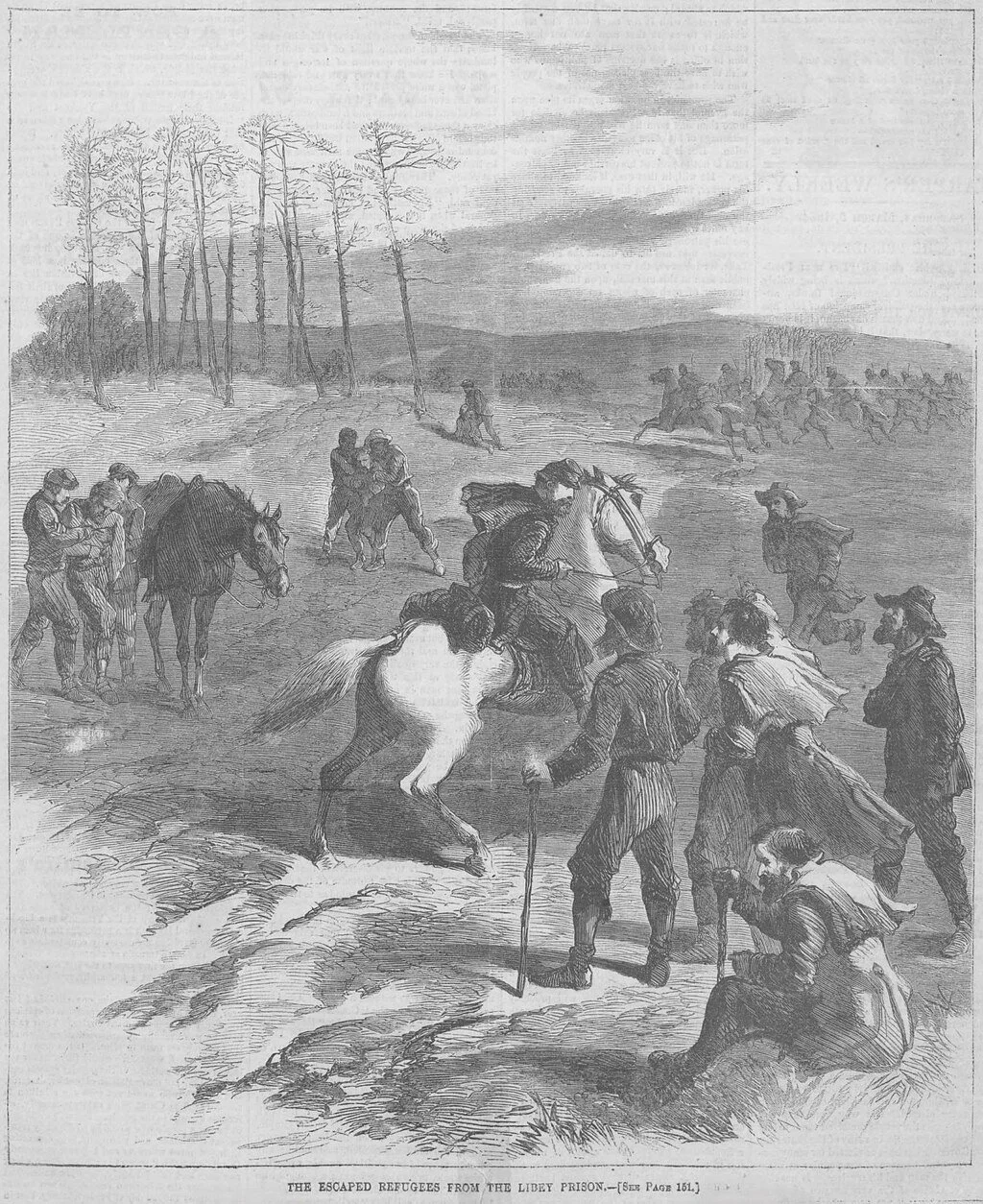Unelected transit and housing bodies are scheming for more control, but the Plan Bay Area 2050+ has serious problems. So says Former Palo Alto Mayor Lydia Kou, who argues that along with its 37 negative environmental impacts, the PBA 2050+ can’t be paid for without more borrowing and higher taxes. An Opportunity Now exclusive 2026 forecast.
Read MoreAs the Bay Area’s most vulnerable are pushed further to the brink by a fraying safety net this year, regional planners will flail about for unworkable fixes. So says Susan Kirsch of Catalysts for Local Control, who argues that, instead of supporting Plan Bay Area 2050+, which uses fantastical population predictions, local leaders should restore local control. An Opportunity Now exclusive 2026 prediction.
Read MoreSacramento and local governments have long relied on the glories of the Golden State to get away with “unpredictable” tax policy: HJTA’s Susan Shelley asks if Silicon Valley tech founders have finally had enough. In this Opportunity Now exclusive prediction, she warns of a “bumpy ride” in 2026 that could “shake up the status quo.”
Read MoreWhile New York’s dubious political pivot threatens compounding deterioration of basic civic services, Manhattan Institute fellow Tim Rosenberger argues that SF is enjoying a “quiet return of talent and capital.” But is The City’s “renewed seriousness about law and order” real? An Opportunity Now exclusive 2026 prediction.
Read MoreOur Cristabel Cruz confronts the bogus, false choices offered by CA Dems running for governor, and advocates for breaking free of governmental bureaucracies that undermine honest democratic alternatives. An Opp Now exclusive.
Read MoreLike Orwell and Huxley, author Franz Kafka predicted in fiction the rise of the rigid, absurdist, all-powerful bureaucratic state in 1925's The Trial. Interesting Literature explores novel's critique of the Borg-like state.
Read MoreBureaucracy is an outdated, centralised control system for organisations that do not work with an ethos of co-creation and that do not believe in shared value. So says Petra Andersen in Apolitical. It's past-time to break free of this arcane model.
Read MoreJames Plunkett notes that the problem with gov't runs deep; it’s not enough to try harder, or to run things better, because at least part of the problem relates to the logic by which bureaucracy functions. He provides useful systemic steps to break the bonds of bureaucracy.
Read MoreSanta Clara County is poised to set fees far higher than in LA and SF, says Cupertinoo Vice Mayor Liangfang Chao. Having opposed Measure A as “good money after bad,” she’s once again calling for a “more prudent approach” to revenue seeking. An Opportunity Now exclusive comment.
Read MoreTo fix housing, transit, the economy, and the environment, unelected regional bodies are pushing through Plan Bay Area 2050+. But in a recent Substack post, SHIFT-Bay Area argues the scheme is based on fantastical population assumptions and rife with environmental insults; moreover, the planners can’t explain where the money will come from.
Read MoreJust like in SJ and SCC, LA County BOS recently approved a half-cent sales tax for the June ballot to backfill federal, and state, healthcare funding cuts. But here’s the difference: 5th District Supervisor Kathryn Barger stood tall and argued forcefully against measure. She was the only Supe to vote No, because taxing Angelenos, she says, is the “tail wagging the dog.” Excerpted below are her comments at the 2/10/26 LA BOS meeting.
Read More










